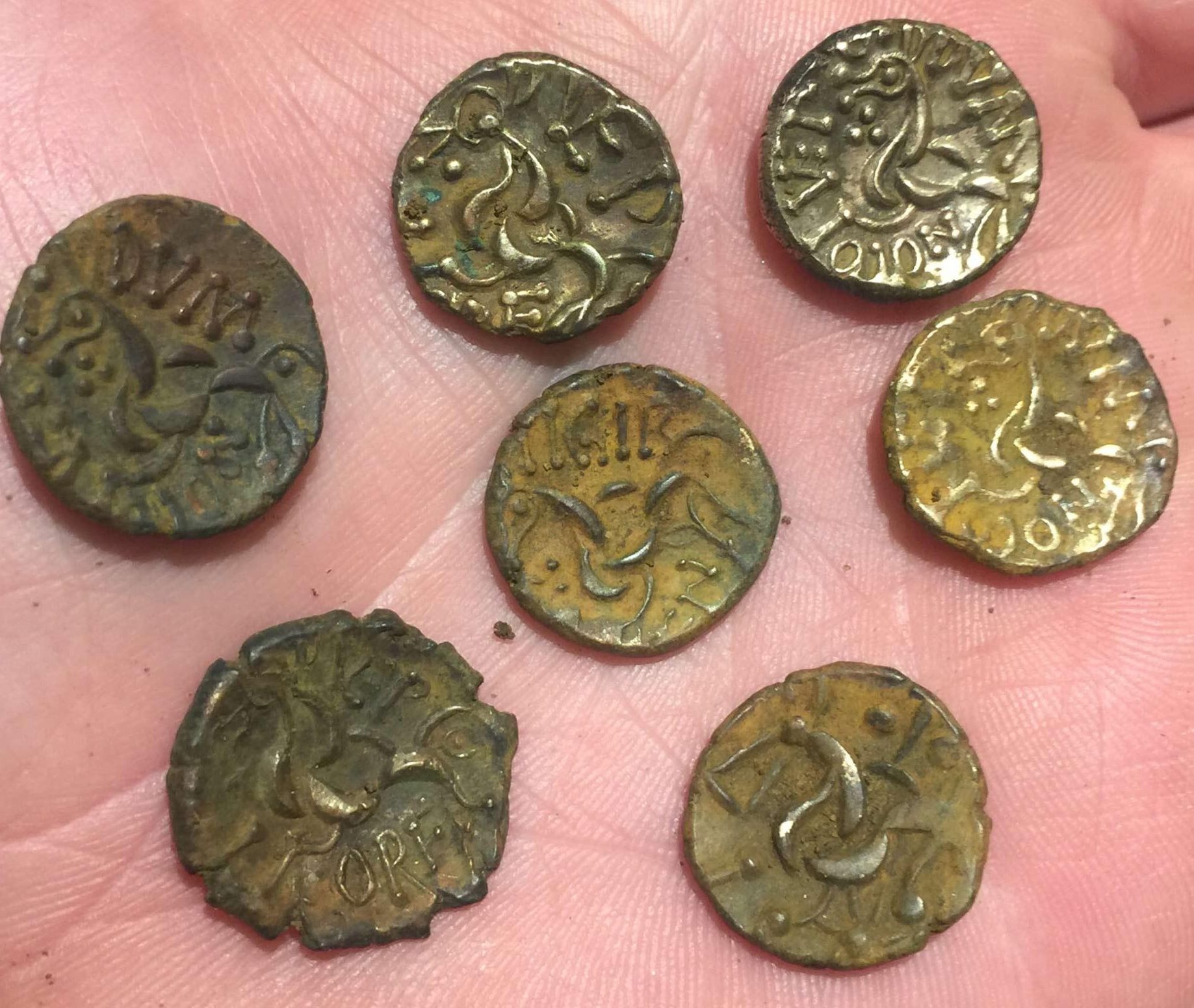

Lycurgus' brother, however, had died with a pregnant wife. His father deceased, he was offered the throne.

It is said that Lycurgus rose to power when his older brother, the king, died. However, this could have been another man named Lycurgus who lived before the legislator. It was also thought that he lived around the same time as Homer, and that they personally knew each other.

It was believed by some that Lycurgus was alive around the same time as Iphitos of Elis and reinstated the Olympic Games with him in 776 BC. This would imply a date for Lycurgus, or at least for the reforms attributed to him, of the last quarter of the 9th century BC. Some scholars think the most plausible date is indicated by Thucydides, who said that in his time the Spartan constitution was over four hundred years old. Various dates have been given as to when Lycurgus lived they are as early as the 10th century BC and as late as the 6th century BC. The actual person Lycurgus may or may not have existed – it is possible that "Lycourgos" was an epithet of the god Apollo as he was worshiped in very early Sparta, and that later legend transformed this aspect of the god into a wise human lawgiver – but as a symbolic founder of the Spartan state he was looked to as the initiator of many of its social and political institutions much, therefore, of Plutarch's account is concerned with finding the "origin" of contemporary Spartan practices. Plutarch himself remarks that nothing can be known for certain about Lycurgus, since different authors give different accounts of almost everything about him. Most information about Lycurgus comes from Plutarch's "Life of Lycurgus" (part of Parallel Lives), which is more of an anecdotal collection than a real biography. Lycurgus of Sparta, Lycurgus handing over the kingship to the child when it was born.


 0 kommentar(er)
0 kommentar(er)
